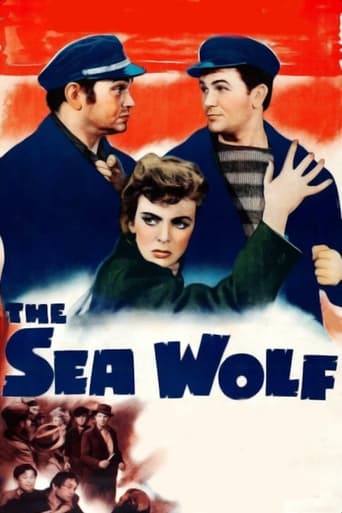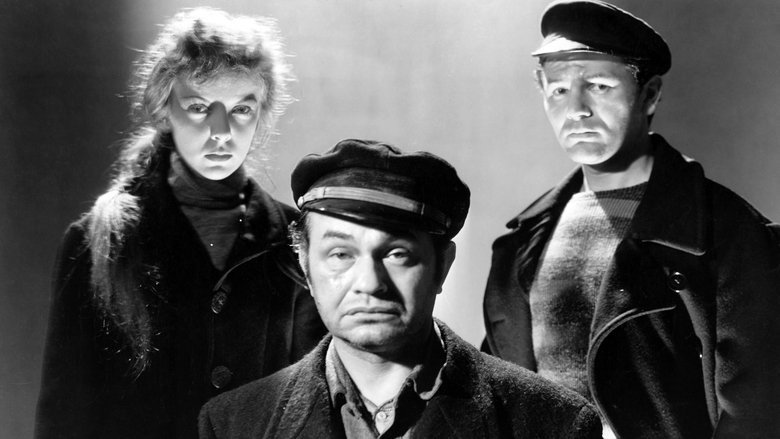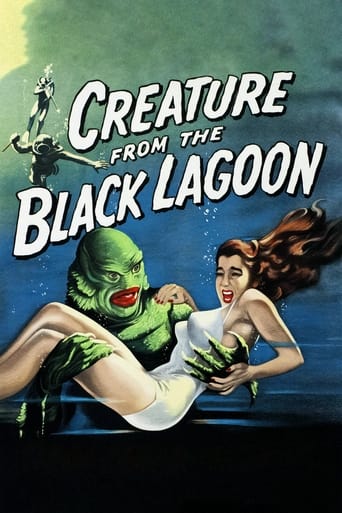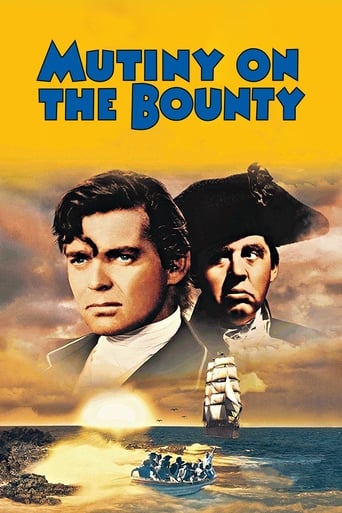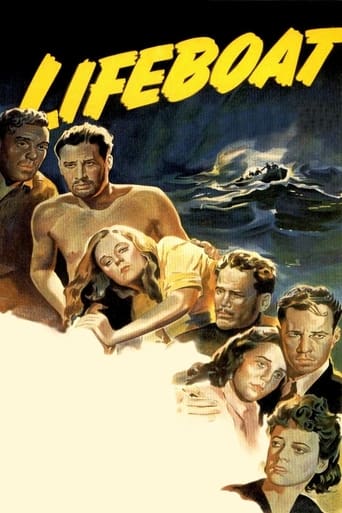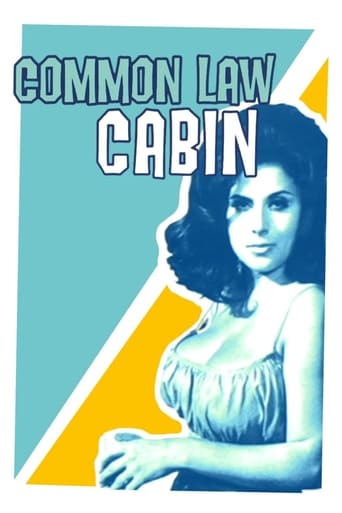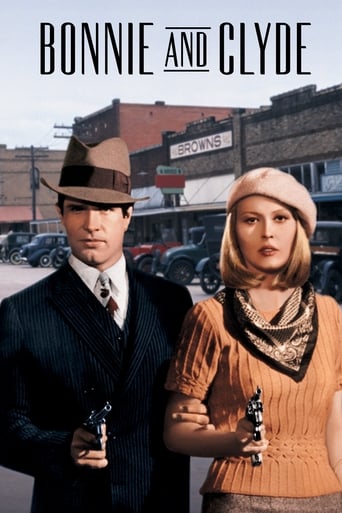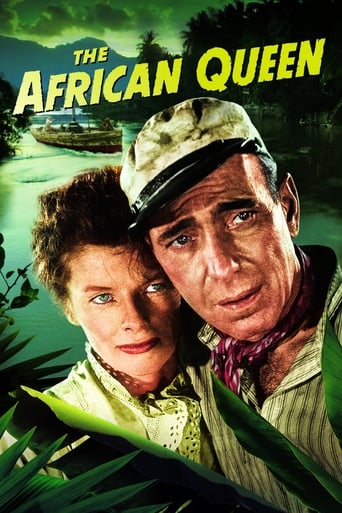The Sea Wolf (1941)
Shipwrecked fugitives try to escape a brutal sea captain who's losing his mind.
Watch Trailer
Cast


Similar titles
Reviews
A fact little appreciated about the McCarthyite "white terror' in the US is the degree to which its long-term effects have been so long-lasting that one might reasonably describe them as permanent. What is remarkable about all the many commentaries on this film, there is virtually no awareness of its significance in the US politics of the 1940s, this despite the fact that director Curtiz and composer Korngold weer both refugees from Nazism (a fact that Curtiz would dramatise in a remarkable way a few years later in Casablamca), that scenarist Rossen was a Communist, that Robinson was probably Hollywood's most outspoken anti-Fascist, that Garfield would be a leading figure in the resistance to McCarthyism...So forget the vague and confused talk about capitalism and anti-capitalism (although evidently the ultra-capitalist system in the US is relevant) or the talk of the importance of social Darwinism "at the time it was written (Rooseveltian eugenics -Teddy of that ilk). Social Darwinism had never been a more importance issue than it had become in 1941. Leading US eugenecist Leon Whitney's The Passing of the Great Race (1916) was described by a young German fan (Hitler, Adolf by name) as "his Bible" and the Nazis greatly admired the eugenicist systems (compulsory sterilisation) in operation in many US states, and particularly) the model system in force in....California.This version of the Jack London novel is not precisely a political allegory; Wolf Larsen, in many ways a sympathetic figure, is not Hitler although there are inevitably important points of similarity. He is, after all, only the younger brother of "Death". But it is a film noir of sorts rather than just "a ship film" because of its relevance to the political situation both - and that needs to be emphasised - both in Nazi Germany and in the US. The little hell of The Ghost bears a resemblance certainly to the thug-rule of the Nazis but beyond that, in the frame-story, Rossen has built on London's already socialist base a vision of an encroaching police-state (similar to that portrayed in London's later dystopic novel The Iron Heel). It is no coincidence that both the character played by Garfield and that played by Lupino are the subject of police-hunts for reasons we do not know but which we are invited to assume are unserious. The Ghost itself is, as the name applies, is only the reflection of real society (in a premonitory version) . "Inside or out it is all the same"Rossen, Garfield, Robinson (grey-listed despite his eminence) and Knox (obliged to leave the US) were all later victims to some extent or another of McCarthyism, guilty of Communist sympathies or what the witch-hunters would call "premature anti-Fascism" which mean anti-Fascist held prior to...well, any time really.Curtiz, who laid very low, escaped. His communist sympathies went back to his time in Hungary (see the remarkable little propaganda film Jön az öcsém 1919) and was not known about in the US. Although, in the forties, he would also make the strongly pro-Russian Mission to Moscow he could claim (correctly) that this was at the behest of the Roosevelt government (Franklin of that ilk) and, although this was still regarded by the McCarthyites as un-Ameican, it was the studio that was hauled over the coals not the director (one suspects Warners were deliberately protecting Curtiz)."Informing", a systematic weapon of all police-states but particularly important in the case both of Nazism and of McCarthyism, is one of the subjects raised in The Sea Wolf. Brutal interrogation is another theme. "I had a dream, horrible dream. Someone kept on hitting me. I begged them to stop but they just kept on hitting...(sees the captain) it was NO dream". Another theme, relevant to both societies - that of Nazi Germany and the US - is that of the oppression of the already oppressed, the persecution of the already persecuted....Most USians are aware that McCarthyism existed but prefer to regard it (as they do segregational racism!!) as some sort of passing phase. Relatively few seem really aware of the degree to which its ethic remains ingrained in US attitudes. Robert Rossen, constantly interrogated, sick, alcoholic and depressed, who ended by naming names (57 varieties) to the HUAAC, was the most typical victim of McCarthyism, lacking even the dignified response of Dr. Louis J. Precott in the film. He made one very fine film thereafter (The Hustler) but died, in a remarably fitting manner, in 1966 at the age of just....57.
Interesting,gripping from start to finish.Didn't think too much of Knox In WILSON,but really liked him here.Robinson is terrific as Larson,as are the entire cast with Eddie,Knox,Lupino,Garfield in main roles,as with Lockhart in one of his few non slimy roles.Barry Fitzgerald is the guy I loved to hate as much as Larson,although Larson was on a par with Captain Ahab and Capt Bligh.Many familiar character actors in smaller roles.Garfield was great in his first starring role,Lupino the only woman,lucky to avoid having to fight off the entire crew,protection from Garfield and Knox.And the opening in the bar with Stanley Ridges character being Shanghai'd after refusing to sail on a devil ship,Garfield barely avoids getting a Mickey Finn.
Not unlike Charles Laughton's Captain Bligh in Mutiny on the Bounty (1935), Edward G. Robinson plays a maniacal sadistic Captain of a ship named the Ghost, which has garnered quite a reputation. Directed by Michael Curtiz, this Jack London novel was adapted by Robert Rossen into an excellent drama featuring Special Effects that were nominated for an Academy Award.John Garfield plays a man who seeks refuge from the police and is signed on to serve aboard the infamous ship by Barry Fitzgerald's character, who acts as the secret conduit for information about what the men are doing for its Captain, Wolf Larsen (Robinson). Given the strong characters he typically plays, Garfield will naturally become the leading foe of Wolf's, as the cruelly abused crew (which includes Howard Da Silva) moves towards mutiny.Ida Lupino plays an escaped convict who, along with Alexander Knox's character, is rescued by the Ghost. Lupino's character is weakened to the point of needing a transfusion, which is performed by the stereotypical drunken ship's doctor (Gene Lockhart). Wolf pushes the doctor's (who yearns for respect) buttons with delight, and ultimately to tragedy. As the two younger and most exciting characters on the ship, Lupino and Garfield are romantically linked. The writer (that Knox plays) learns that Wolf is actually quite well read, believes the Captain is misunderstood, and begins to document his life.A dramatic climactic final third, beginning with Wolf being blinded, is not to missed.
. . . with Edgar G. Robinson totally credible as a tyrant suited to fit among Captain Bligh, Captain Ahab, and Captain Queeg on the Captain's Mount Rushmore. Robinson's Capt. Wolf Larsen of the GHOST embodies novelist Jack London's brooding intellectual slowly losing his faculties on the virtual pirate ship he runs. Larsen is a man who NEVER listens to the angels of his better nature; who never hesitates to carry out the sadistic commands of the Satan on his shoulder. He takes his motto from a line in John Milton's PARADISE LOST: "It's better to reign in Hell than to serve in Heaven." This film adaptation is well-plotted, nicely-paced, and superbly-cast. It is especially gratifying to see Barry Fitzgerald BEFORE he got religion. Playing Larsen's shipboard snitch "Cookie," Fitzgerald's cackling Iago is just as convincing here as his take on Bing Crosby's aging mentor priest would be a few years later in GOING MY WAY. Shadowy lawmen hound John Garfield's character onto Larsen's GHOST ship, just as real-life FBI tails running amok would hound him to death a few years later (yet another case of life imitating art).

